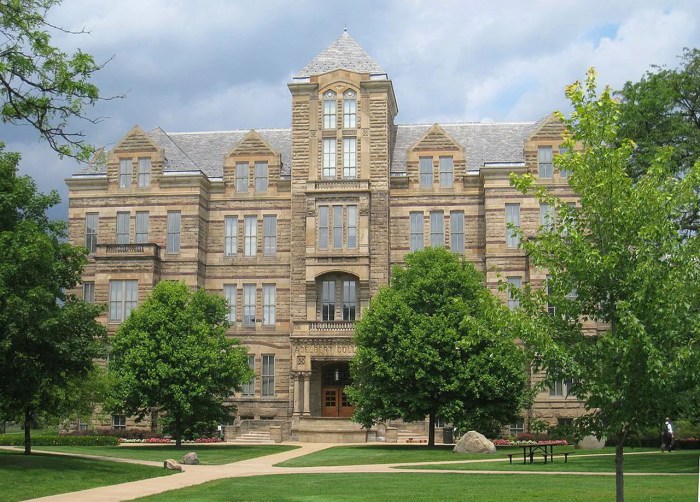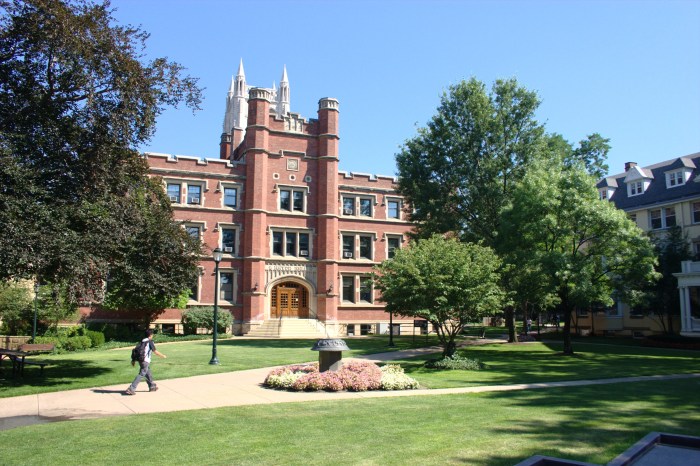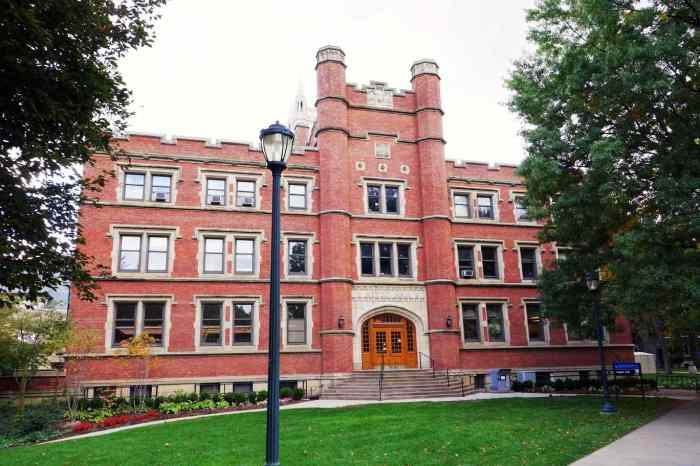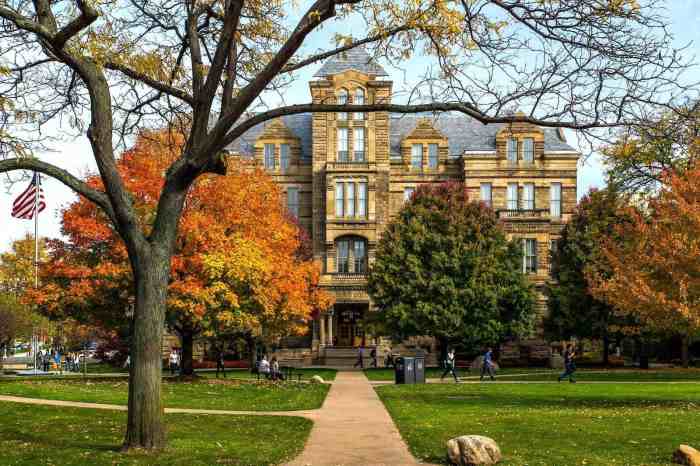Al-Dabagh v. Case Western Reserve University is a pivotal case that has shaped the legal landscape of discrimination law. This case, which began in 2008, brought forth allegations of religious discrimination and retaliation, highlighting the complex interplay between religious freedom and institutional obligations.
The case garnered significant attention due to its far-reaching implications for universities, employees, and individuals practicing their faith in the workplace. As the legal proceedings unfolded, the court meticulously examined the facts and applicable laws, ultimately issuing a groundbreaking decision that has left a lasting impact on the interpretation of anti-discrimination statutes.
Expert Answers: Al-dabagh V. Case Western Reserve University
What was the central legal issue in Al-Dabagh v. Case Western Reserve University?
The central legal issue was whether the university had discriminated against Dr. Al-Dabagh on the basis of her religion and retaliated against her for complaining about the discrimination.
What was the court’s ruling in Al-Dabagh v. Case Western Reserve University?
The court ruled that the university had discriminated against Dr. Al-Dabagh on the basis of her religion and retaliated against her for complaining about the discrimination.
What is the significance of Al-Dabagh v. Case Western Reserve University?
The case is significant because it provides important guidance on the interpretation of anti-discrimination laws and emphasizes the importance of creating inclusive and equitable workplaces for all.



